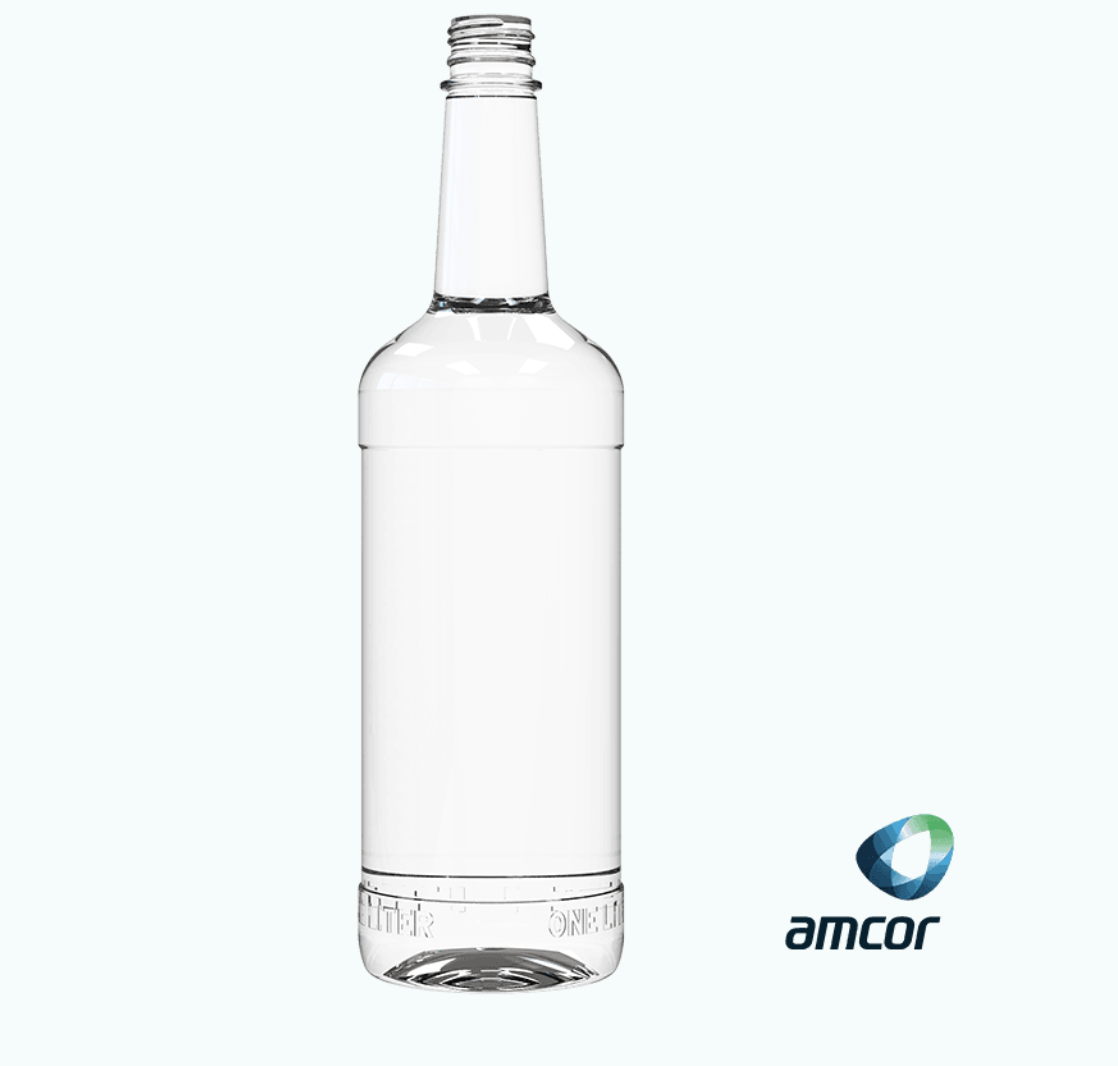Switzerland-based Amcor Capsules is a leading low PET plastic packaging supplier for food, beverage, healthcare, and other industries. The company is known for its responsible wine bottles. Amcor is increasing its North American presence with a new production facility in Quebec, Canada. The Granby plant began operations in April 2024.
The Granby plant is 20 kilometers (12 miles) from Amcor’s other Canada-based facility in St. Cesaire, Quebec. The location will reinforce the North American supply chain and local distribution. The area is expected to decrease wait times thanks to improved customer service.
The Granby plant will run on 100% renewable energy, tapping into the Quebec hydropower network. The French-Canadian province generates around 94% of its electricity from hydro.
Quebec does not produce crude oil, and with a lack of high-performance solar and biogas, hydro remains the key source of power. Indigenous communities in the boreal forests use the vast rivers to travel, fish, and power their villages.
This factory will produce a better version of Amcor’s STELVIN aluminum screwcap. The cap was announced in October 2023 and has a 35% reduced carbon footprint. It can fit several of Amcor’s low PET plastic wine bottles. Vintners in Burgundy, France, were the first to use the cap in the 1960s. The first STELVIN top was manufactured in 1964 and officially patented in 1976.

Photo Courtesy Amcor
“The investment in our new facility in Granby is a testament to our commitment to providing cutting-edge screwcap solutions that exceed customer expectations,” Yannick Magnon, General Manager of Amcor Capsules, said in a press release. “We are confident that this expansion will not only enhance our operational capabilities but also contribute to the overall satisfaction of our valued customers.”
The cap is made with 46% recycled aluminum. The materials are carefully selected and verified as low-carbon aluminum. There’s no cork taint, thanks to the STELVIN. It saves the aromas of a wine just like a traditional cork, and it’s easy to use and recycle.
Amcor highlighted instances where its products are used in the wine industry, including when it partnered with an American winery to implement a 100% recycled PET wine bottle. The company sustainability report said it was the first wine bottle made from recycled PET to be released in the United States. It’s lighter than a glass bottle, cuts down on glass waste, and offers all the benefits of a traditional wine bottle.
Recycled PET bottles began rolling off the production line in 2018. It’s part of Amcor’s sustainability plan, which includes developing recyclable and reusable packaging by 2025. Everything from post-consumer recycled resin to bio-based materials goes into the Amcor product line. Many food companies utilize Amcor’s plastic packaging because of its low environmental impact.

Photo Courtesy Amcor
“For all that we have accomplished so far, we firmly believe that Amcor is just getting started. Better packaging makes for a better world for customers and consumers, investors, the environment, and our team. Inspired by our winning aspiration – to be the leading global packaging company – Amcor continues to make real, measurable progress, and we are determined to continue the trend,” Ron Delia, former CEO, said in a report.
Delia recently stepped down as CEO due to health reasons. Peter Konieczny, chief commercial officer, is serving as interim CEO.
Wine enthusiasts might be skeptical about bottling in plastic bottles. Amcor applies a barrier to the internal surface to preserve flavor. Reusability is paramount as well.
Amcor says its bottles weigh 85% less than glass, use 44% less energy, 29% less water, and produce 67% less carbon emissions in manufacturing.
Glass waste continues to be a problem in the U.S. According to Great Forest, recyclers say it is too expensive to recycle glass at the same rate as plastic and aluminum. The introduction of aluminum cans and their recyclability has also stagnated the glass bottle market. It has become a novelty with soda brands, but the wine industry still heavily relies on it for flavor preservation.





